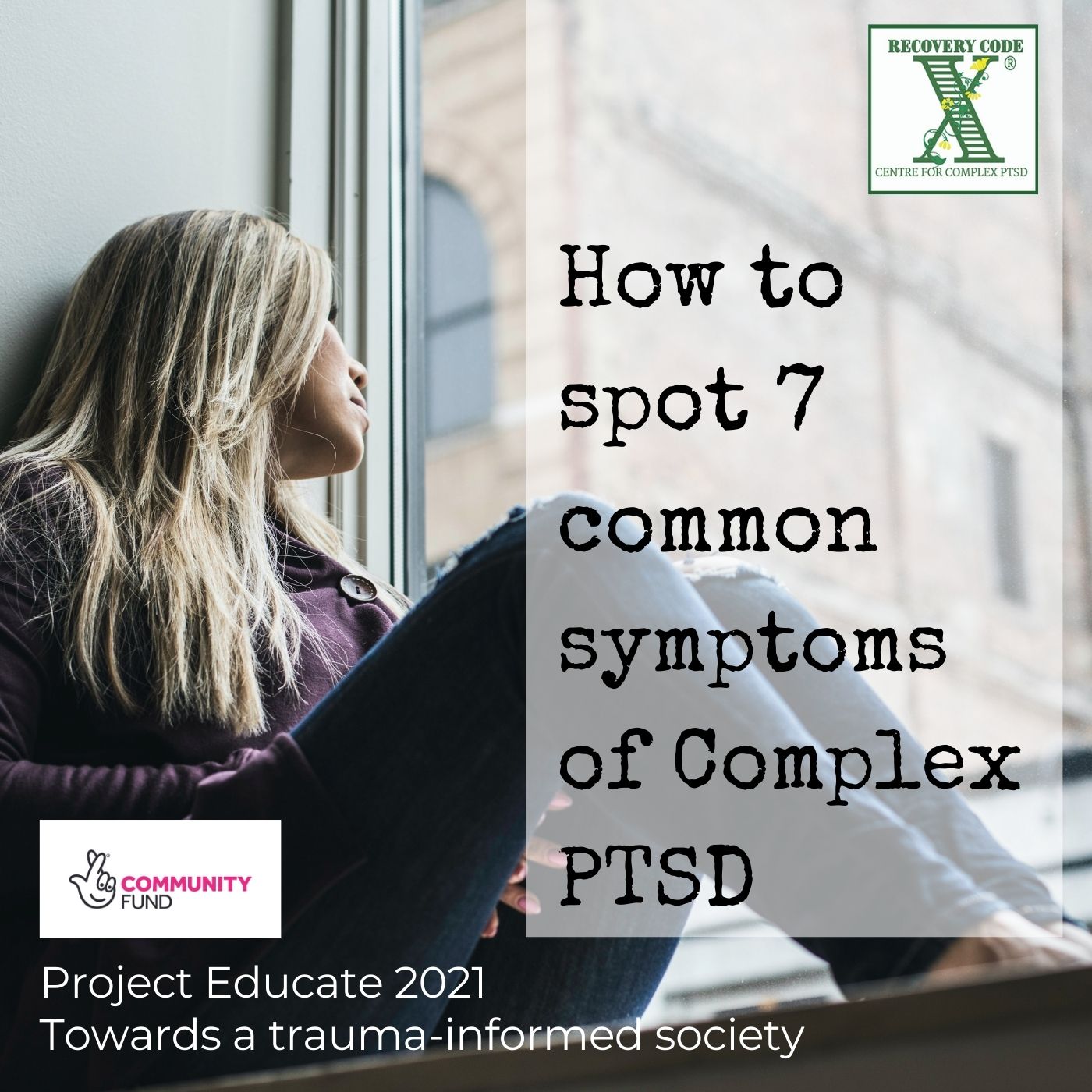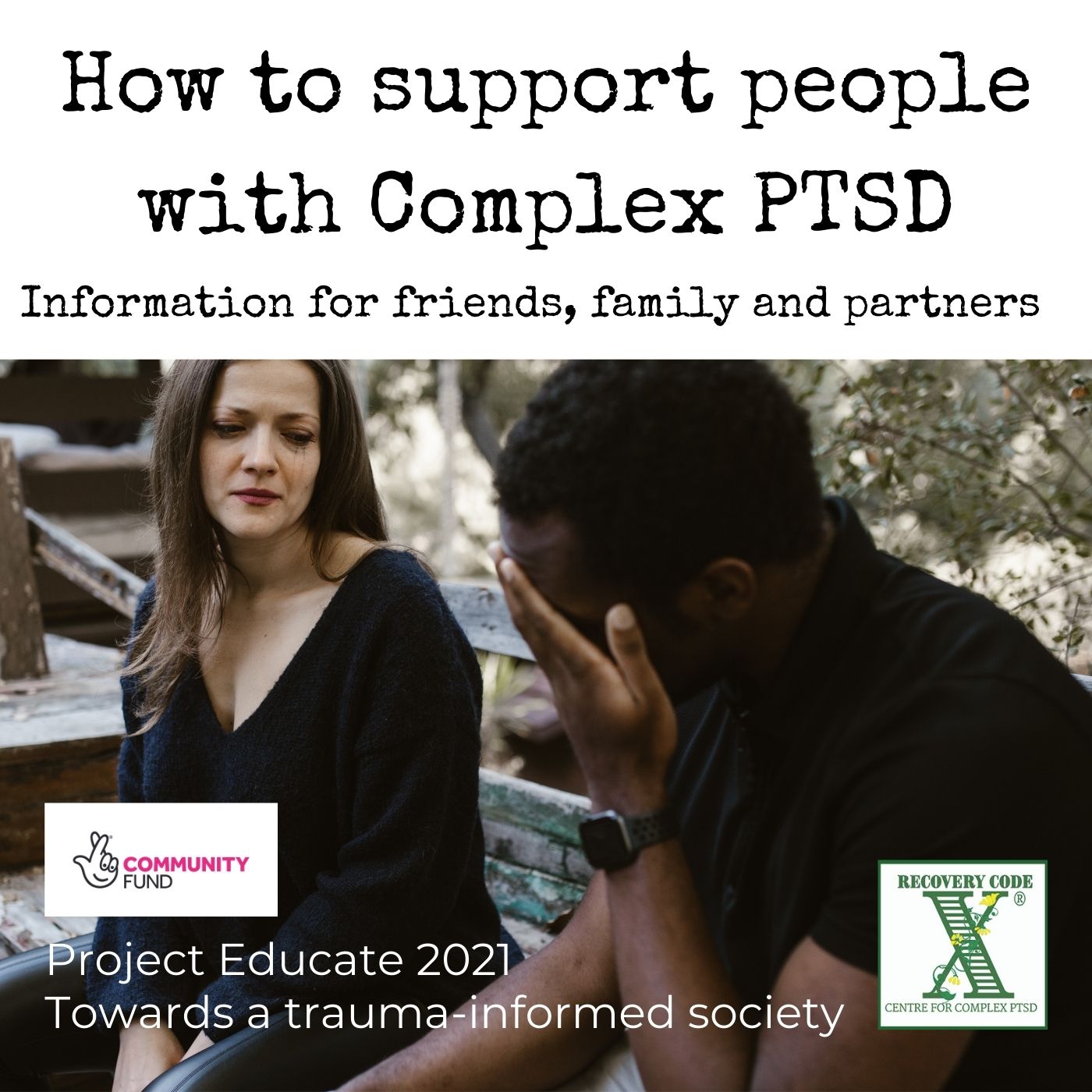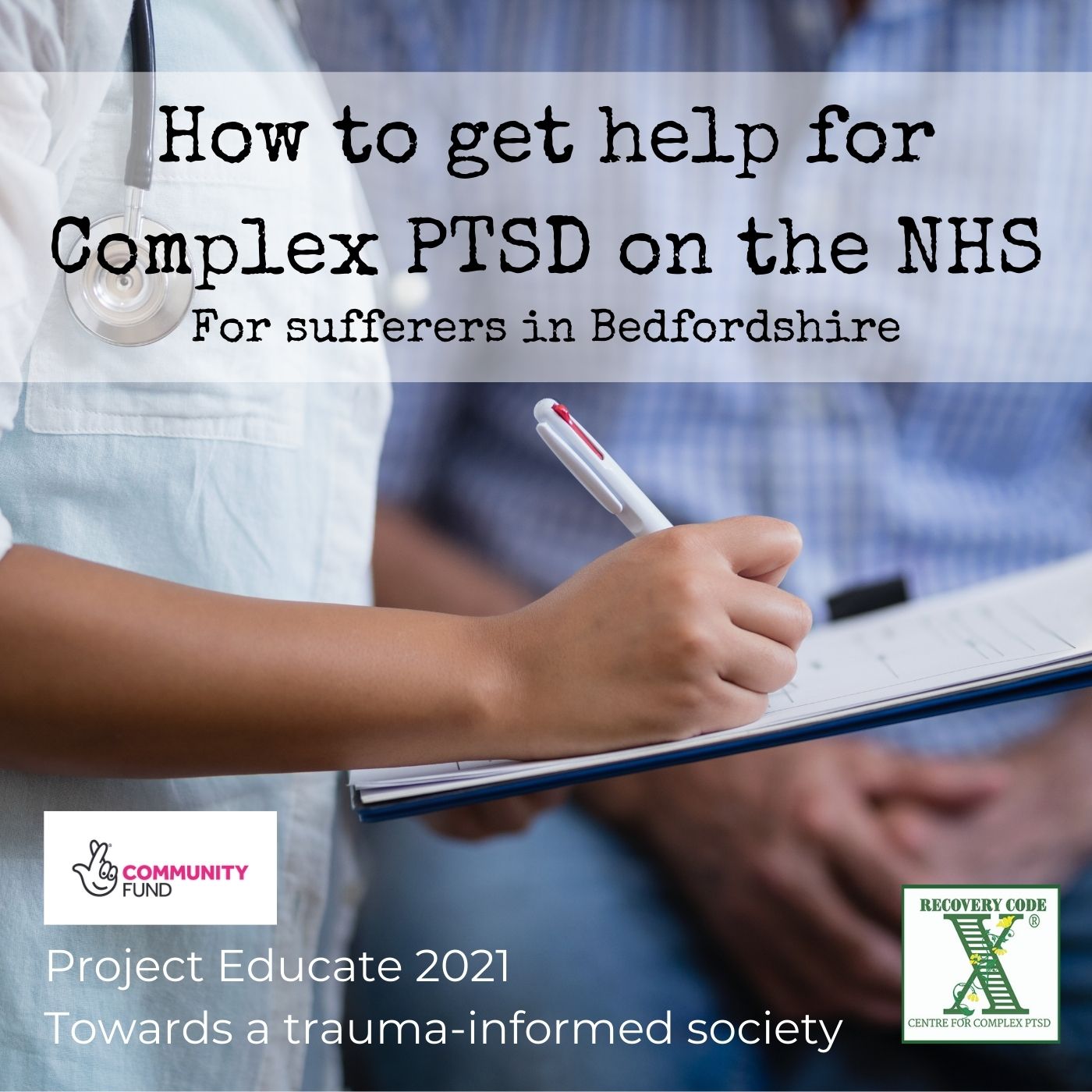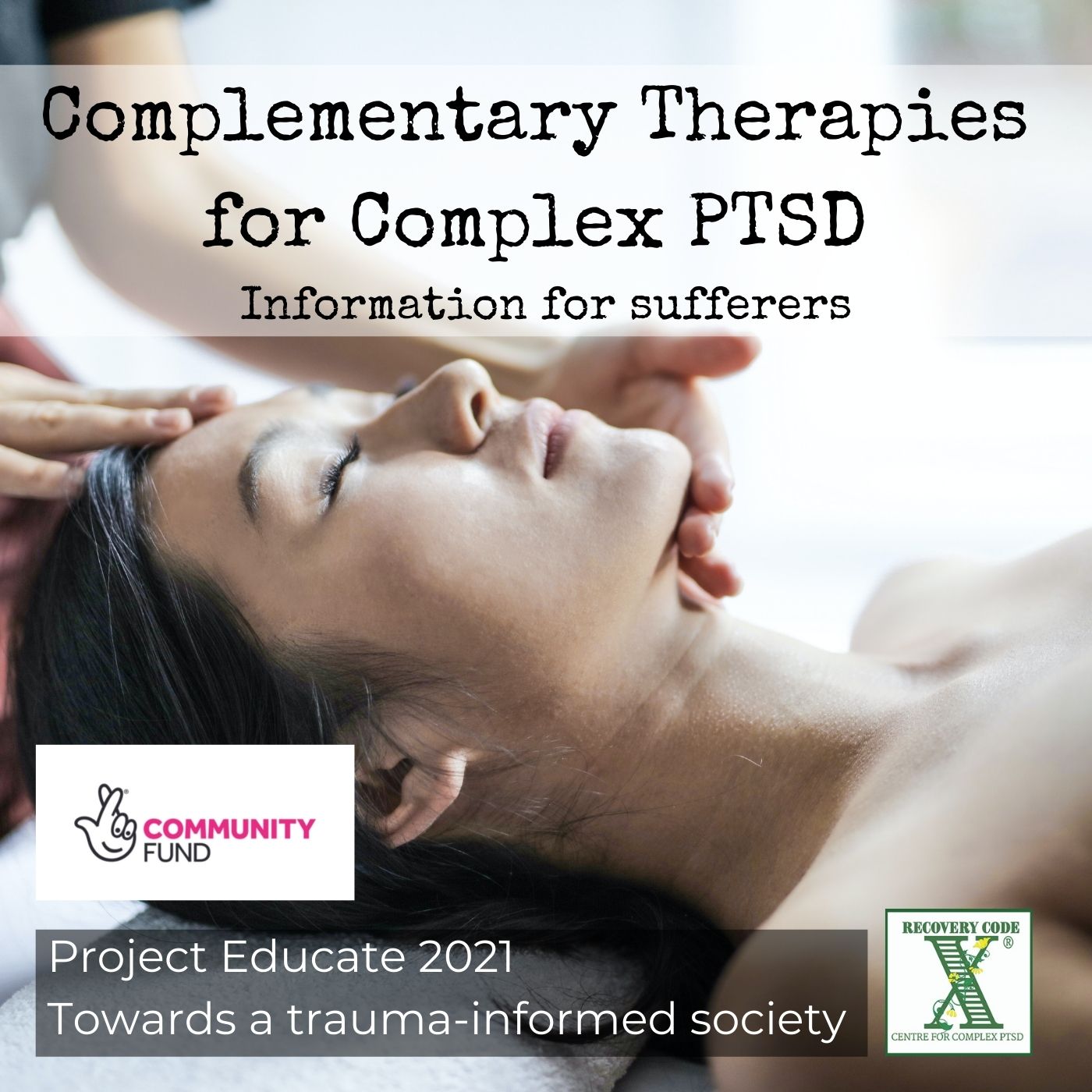

Factsheets

Factsheet One: Are you experiencing symptoms of Complex PTSD?
- Information for sufferers
You may be suffering from Complex PTSD and not realise it. Physical, emotional and mental experiences of trauma can affect your well being many years after the events. If you've ever wondered what Complex PTSD feels and looks like, this factsheet takes you through seven common symptoms in jargon-free language.

Factsheet Two: Supporting people who are experiencing symptoms of Complex PTSD
- Information for friends, family and partners
You may noticed that your friend, partner or family member is exhibiting certain behaviours - or symptoms.
They may have feelings of shame or guilt.
They can have difficulty controlling their emotions.
They have periods of losing attention and concentration (dissociation).
They cut themselves off from friends and family.
They have relationship difficulties.
They have destructive or risky behaviour (self-harm, alcohol misuse or drug abuse).
They can have suicidal thoughts.
In this factsheet we go through some simple Do's and Don'ts to help you avoid 'triggering' or upsetting them, help maintain stability in your relationship and support them in their recovery.

Factsheet Three: How to get help for Complex PTSD on the NHS (focus on Bedfordshire)
- information for sufferers
The NHS recognises Complex PTSD as a distinct condition and offers a range of services for helping traumatised people get through a difficult time.
Note that this factsheet focuses on services available in Bedfordshire, produced with assistance from staff at the East London NHS Foundation Trust – also known as the ELFT, and www.england.nhs.uk. A similar approach is likely in your area and you could approach your GP to access these.

Factsheet Four: Complementary therapies for Complex PTSD (focus on Bedfordshire)
- information for sufferers
This factsheet provides information on complementary therapies accessible in Bedfordshire (and beyond) at the time of publication, that can help symptoms of Complex PTSD. The therapies mentioned are not recommendations or intended as a substitute for personal medical advice or professional medical care.

These factsheets and podcasts have been created thanks to the National Lottery Awards for All.
